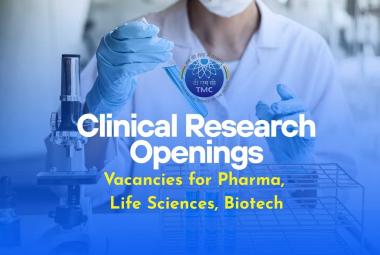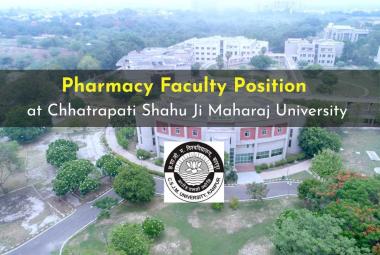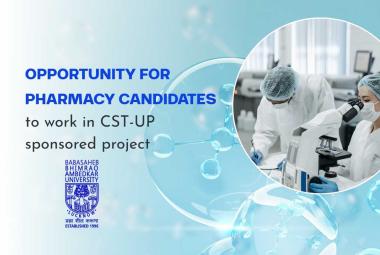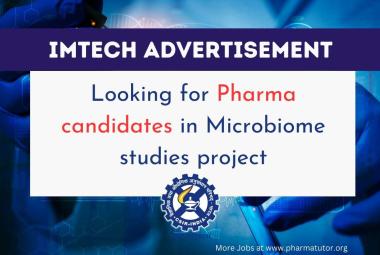 About Authors:
About Authors:
Roopesh Sachan*1, Prof. Satyanand Tyagi2, Tarun Parashar1, Soniya1, Patel Chirag J*3,Patel Pinkesh3, Rishikesh Gupta4
1*Department of Pharmaceutics, Himalayan Institute of Pharmacy and Research, Rajawala, Dehradun, Uttarakhand, India-248007.
2President & Founder, Tyagi Pharmacy Association (TPA) & Scientific Writer (Pharmacy), Chattarpur, New Delhi, India-110074.
3Department of Pharmaceutics, Maharishi Arvind Institute of Pharmacy, Mansarovar, Jaipur, Rajasthan, India-302020.
4Institute of Pharmacy, Bundelkhand University, Jhansi, Uttar Pradesh, India-284128.
*roopeshsachan@gmail.com, +91-9557469989, 9236167104
ABSTRACT:
Nanoparticle drug-delivery systems are the popular ones as are able to increase the selectivity and stability of therapeutic agents. However reticuloendothelial system (RES) uptake, drug leakage, immunogenicity, hemolytic toxicity, cytotoxicity, hydrophobicity restrict the use of these nanostructures. These shortcomings are overcome by surface engineering the dendrimer such as Polyester dendrimer, Citric acid dendrimer, Arginine dendrimer, Glycodendrimers, PEGylated dendrimers, etc.The field of Dendrimers has recently emerged as the most commercially viable technology of this century because of its wide-ranging potential applications in many fields such as: healthcare, electronics, photonics, biotechnology, engineering products, pharmaceuticals, drug delivery, catalysis, electronic devices, environmental issues and nanotechnologies. Dendrimer as a drug delivery agent is a promising, safe and selective drug delivery option.



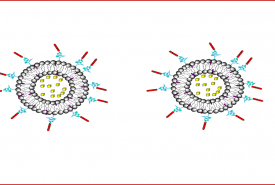
 About Authors:
About Authors: About Authors:
About Authors:  About Authors:
About Authors: 